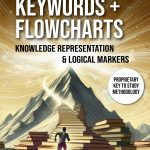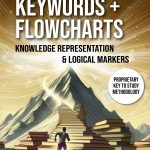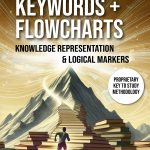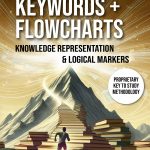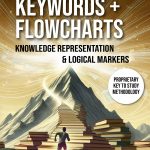Tools that can effectively bridge the gap between precision and abstraction are typically necessary for comprehending complex systems, enabling us to model, forecast, and optimize results. This course examines fundamental ideas including state machines, graphs, and inference; each offers distinct viewpoints and approaches to handling complex issues. These tools are crucial for examining dynamically related …
Continue reading “Inference, Graphs, and State Machines: Navigating Complex Systems”

